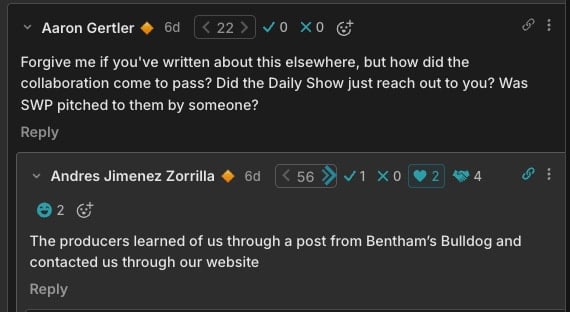Hi all, I would love to hear your thoughts on my path forward. I’ve been reevaluating my career path with the support from EA to be able to be more useful to the world. My profession is within business development and product management. I’ve got a master in engineering physics and been working as product manager for digital services and Internet of things solutions for about 8 years. I’m placed in Gothenburg, Sweden and not able to relocate in the next few years.
I’ve brought several business-to-business services to the market. I’m good at bringing something from an idea to a product or service that works well, is based on user needs and profitable, making sure everyone working with the product is aligned with a clear focus on the end goal and defining what needs to be done based on desired impact.
My top option is that I am considering starting a company of my own. This is something that I believe that I could be successful in doing and it’s a personal dream I’ve had since I was a small child. I would like to start a business that is useful for the world and/or be able to give away part of the profit for charity. I am uncertain about what my next step would be? I would be interested in finding a co-founder with the same type of ideas that I have but don’t know where to start looking?
I’m also very open to offer support and help (for free of course) related to product management and product development to non-profit organisations and startups connected to EA, but I’m uncertain of where my skills would be needed. If you have any ideas in this area it would be more than helpful.
To conclude I would be very happy and thankful to receive help, advice and creative ideas on my next step going forward!



